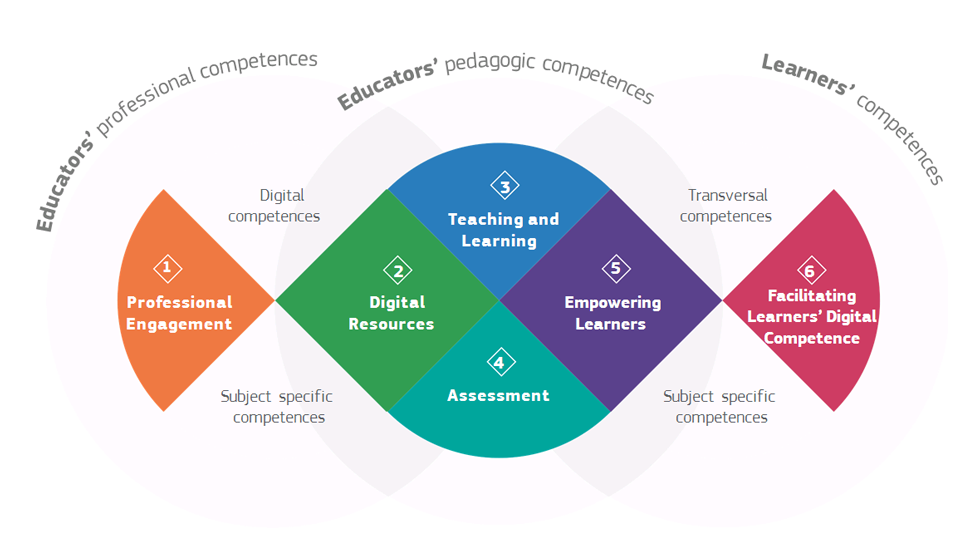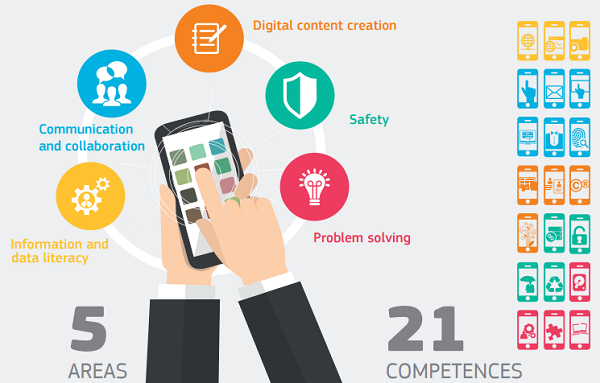Knowledge & competence centres – ORIGINAL ARTICLE HERE Learn more about the k4P (Knowledge for Policy) plalform by clicking here Knowledge Centres the ambition of the European Commision. These are […]
EU Science HUB – Educational and Competence centres Read More »


